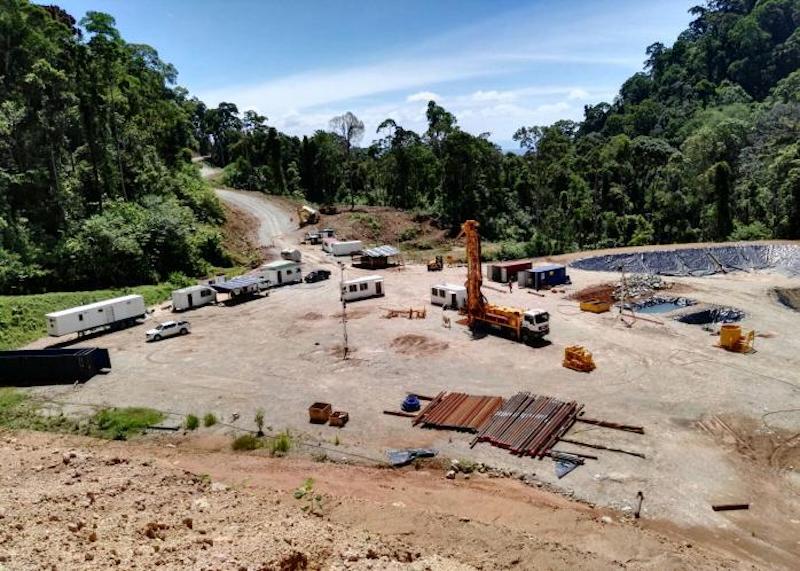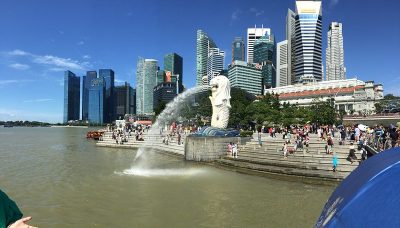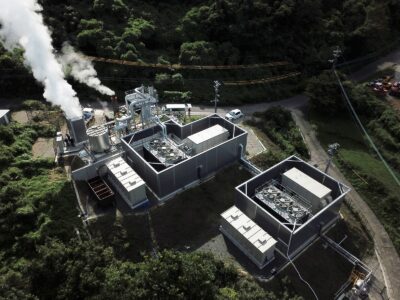30 MW Apas Kiri geothermal project in Malaysia on track to operate in 2019
Malaysia's first geothermal power plant could start operation as early as 2019, as announced by the developer of the 30 MW Apas Kiri geothermal project in Sabah, Malaysia.
Reported before the weekend, Tawau Green Energy Sdn Bhd (TGE) has announced that the company is on track to develop Malaysia’s first geothermal power plant project in Tawau, Sabah, in 2019.
TGE has received all requisite approvals to develop, construct, operate and maintain a geothermal power plant, exporting 30MW to the Sabah Grid, under a 21-year renewable energy power purchase agreement (PPA) with Sabah Electricity Sdn Bhd at a feed-in tariff of RM0.45 per kWh.
The approvals included land lease agreements with the Sabah Forestry Department and Sabah Parks, within whose land the project area is located, TGE project development GM Andrew Amaladoss told local publication, The Malaysian Reserve. He said initial studies at the project area indicated a potential of 67MW.
TGE has since undertaken extensive subsurface studies including geology, geophysics, geochemistry and LiDAR (light detection and ranging) surveys.
“The outcomes from all these surveys were integrated and analysed by reputable geothermal consultants to indicate that seven production wells and four injection wells would be required to support the export capacity of 30MW.
“There is also an indication that the overall potential of the Apas Kiri geothermal reservoir could exceed 70MW,” he said.
Speaking at the recent Power Plant Innovation Summit 2017 in Kuala Lumpur, Amaladoss said the project cost was estimated at RM670 million with an expected payback period of eight to nine years.
He told the conference participants, mostly from the power sector, of the green virtues of the geothermal energy with its small carbon footprint.
The Apas Kiri project would be equivalent to 56 million tonnes of carbon equivalent eliminated annually, 13.5 million trees planted annually and 45 million cars taken off the roads annually, he said.
The other “unique characteristics” of geothermal energy were high capital but low ope- rational expenditure, baseload electricity generation with capacity factors in excess of 90%, and low downtime during operation, typically a week annually.
On the flip side, he said the challenges faced by TGE in developing the project included the stakeholders not being conversant with the development process of geothermal energy, high upfront capital outlay and risk, and difficulty in obtaining financing from local lenders.
The project, expected to be completed in 2019, will provide green energy to Sabah’s East Coast, which currently is about 70% diesel-based.
“The project will also be a catalyst for economic activities in the Tawau district,” he said.
Source: The Malaysian Reserve


















